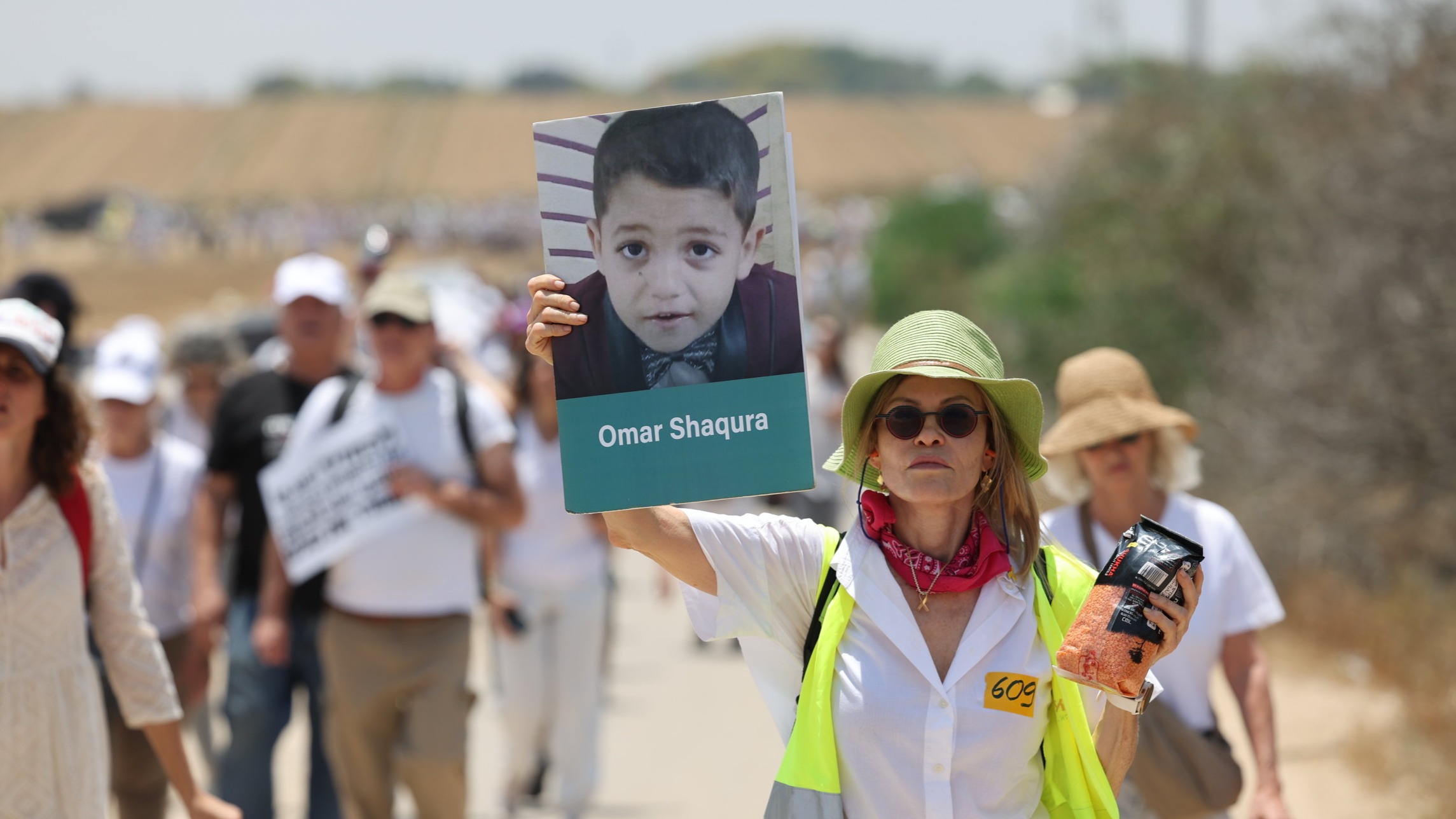Poll Raises Global Concern Over Views Toward Gaza Amid Biblical Justifications
A recent public opinion poll from Israel has sparked international concern after results showed a large majority of Jewish respondents expressed the belief that there are no innocent people in Gaza. The poll, widely circulated in both Israeli and international media circles, has added a layer of controversy to an already tense and deadly conflict between Israel and Hamas, the ruling authority in Gaza.
While polling questions and sample size are still being examined, early findings suggest a hardening of public opinion within Israel following months of war, rocket fire, and deep regional trauma. Many Israelis now view Gaza not just as a security threat, but as entirely complicit—a belief that is being discussed in religious, cultural, and military terms.
At the heart of some of the religious justification being referenced is a biblical command from 1 Samuel 15:3, which instructs the Israelites to completely destroy the people of Amalek, including "men, women, children, and infants." Though thousands of years old, this verse has resurfaced in political speeches and sermons. Some interpret Gaza’s situation through this ancient lens, equating their enemies with the biblical Amalekites—those considered beyond redemption in Jewish tradition.
It’s important to note that this viewpoint does not represent all Jews, nor all Israelis. Many religious leaders, Jewish scholars, and everyday citizens strongly oppose this interpretation and have spoken out against using ancient texts to justify modern warfare. They argue that the biblical command was specific to a time and place and should not be used to shape 21st-century politics or military policy.
Still, the fact that a significant portion of the population may support total warfare against Gaza, including its civilian population, raises questions about the influence of religious nationalism, trauma, and generational narratives on state policy. Critics both inside and outside of Israel warn that when religious identity and national survival are intertwined, it becomes easier to dehumanize an entire group, leading to policies that may violate international law or moral limits.
Observers say this trend must be closely monitored, especially as the situation in Gaza worsens and diplomatic solutions remain far off. The challenge ahead lies in separating ancient religious ideas from modern political realities, and ensuring that civilian lives are not written off by either side as expendable.
Majority of Jewish Israelis Believe “No Innocents in Gaza”
A recent survey by Hebrew University’s a Chord Center found that about 64 % of all Israelis agreed with the statement, “There are no innocents in Gaza.” When isolating just Jewish respondents (excluding the 20 % of Israeli Arabs), the number rose to almost two-thirds, with 87 % of coalition supporters, 73 % of right-wing non-coalition voters, and 63 % of centrist voters agreeing en.wikipedia.org+5aa.com.tr+5mondoweiss.net+5.
This mood reflects a strong belief among many that the entire population of Gaza is complicit in violence, regardless of age or role. It marks a chilling shift toward viewing civilians as fair targets—an attitude echoing harsh biblical instructions but now applied in modern political debate. While ancient texts like 1 Samuel 15 do describe “not sparing … children and infants,” most Jewish scholars argue those texts are not meant to justify today’s violence. Nonetheless, the survey shows how historical religion can be used in current conflict narratives.
Despite this, there are still voices pushing back. Some religious and secular Israelis reject the idea of total warfare, while small protests in Tel Aviv call for humanitarian pauses.
Still, with such strong public support for targeting Gazan civilians, many worry these beliefs will shape policy and action in dangerous ways.
The Brutal Truth July 2025
The Brutal Truth Copyright Disclaimer under Section 107 of the Copyright Act of 1976: Allowance is made for “fair use” for purposes such as criticism, comment, news reporting, teaching, scholarship, education, and research.





Comments
Post a Comment